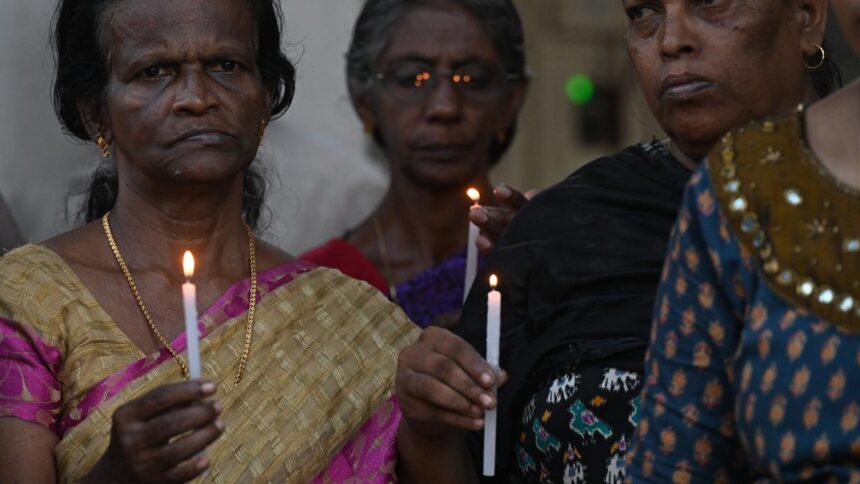Recently, the Karnataka High Court delivered a landmark judgment in criminal appeal no. 200093 of 2019, emphasising the crucial role that police and magistrates must play in identifying juvenile offenders at the very inception of a criminal case. It reiterated the need for vigilance when taking cognisance of offences involving juveniles. The court stressed that proper identification could prevent minors from being wrongly imprisoned with adults.
Karthik, convicted of murdering Muniyappa, was the second accused in the case, while his father was the primary accused. Evidence established that Muniyappa had eloped with Chaitra, Karthik’s sister, without the family’s approval. Both Karthik and his father held a grudge against Muniyappa, and multiple eyewitnesses confirmed their involvement in the crime.
When the matter reached the High Court on appeal, the issue of juvenility was raised. Under established legal principles, a plea of juvenility can be introduced at any stage of the proceedings — even after the trial has concluded. Juvenility refers to the claim that the accused was under 18 years of age at the time the offence was committed, in which case the individual should be tried under the Juvenile Justice (Care and Protection of Children) Act, 2015 (the JJ Act).
In this case, the offence occurred in 2011, when the JJ Act, 2000, was in force. Though the application asserting juvenility was filed in 2023, the High Court clarified that as per Section 25 of the JJ Act, 2015, the law applicable at the time of the offence must prevail. The court firmly stated that if the police or magistrate had paid closer attention at the time of arrest and trial, Karthik could have been identified as a juvenile and placed under the juvenile justice system. Instead, he spent 13 years in an adult prison — a grave miscarriage of justice.
The JJ Act mandates that minors must be presented before the Juvenile Justice Board (JJB). Unfortunately, in numerous cases, juveniles are incorrectly treated as adults and placed in jails, where they are exposed to physical violence, sexual abuse, and are at risk of becoming hardened criminals. Acknowledging the violation of Karthik’s rights, the court awarded him compensation of ₹50,000 for having spent 13 years in jail. Had he been produced before the JJB, he would have served a maximum of three years in a juvenile home.
In a precedent-setting move, the court ordered the Additional Registrar General, who holds the rank of a Sessions Judge, to conduct the inquiry into Karthik’s juvenility claim. This ensured the matter was handled swiftly and with due judicial authority. The court also directed that the judgment be submitted to the JJ High Court Committee, reinforcing the need for systemic awareness and reform.
Newly appointed members and chairpersons of the JJBs must now be sensitised to the updated Karnataka Juvenile Justice (Care and Protection) Rules, 2025. Additionally, police officials, advocates, magistrates, and judges of children’s courts must be thoroughly informed about the 2025 rules.
Too often, juveniles are treated as adults, despite their own pleas that they are underage. In many instances, magistrates deny them bail, and the psychological trauma of being placed in an adult jail can have long-lasting impacts. There have also been cases where juveniles arrested along with adult offenders are treated as adults and placed behind bars instead of observation homes meant for juveniles.
In a recent judgment, the Patna High Court accepted a plea of juvenility raised 32 years after the alleged offence.
In another judgment in criminal appeal No. 347 of 2018, the Supreme Court emphasised that a cautionary approach must be adopted when a plea of juvenility is raised. In this case, the appellant relied on a transfer certificate to support the claim of juvenility. However, the court reiterated that the determination of age must be based on the documents specified under the JJ Act. Since other official records indicated that the individual was not a minor at the time of the offence, the court rejected the plea of juvenility.
The aim of the JJ Act is to provide a rehabilitative and reformative environment, allowing juveniles to reintegrate into society. This core purpose is undermined when minors are sent to adult prisons.
Names have been changed to protect identity. Geeta Sajjanshetty is an Advocate at the High Court of Karnataka, Kalaburagi Bench, and former Juvenile Justice Board Member, Kalaburagi
Published – August 11, 2025 01:13 am IST






















